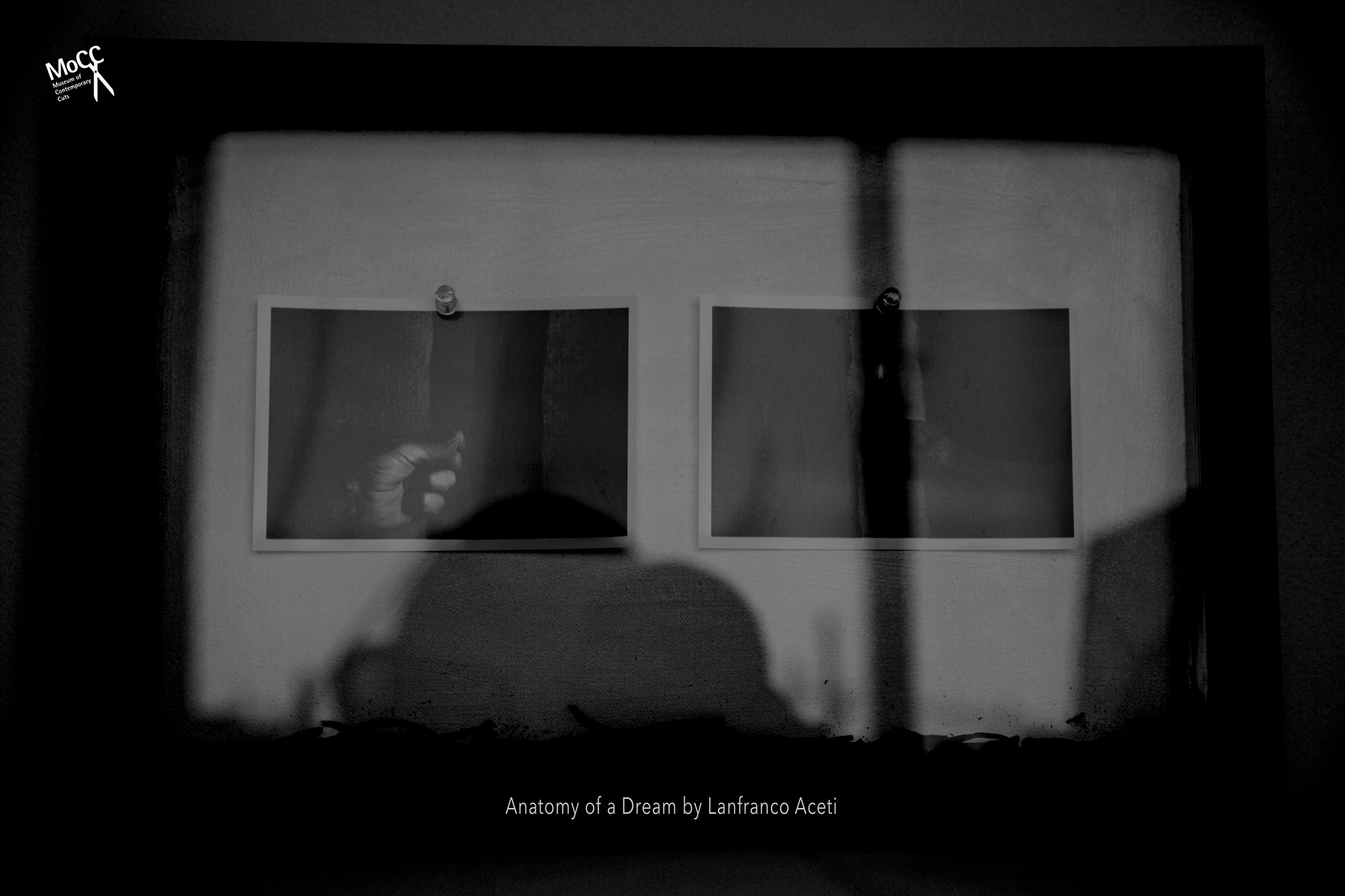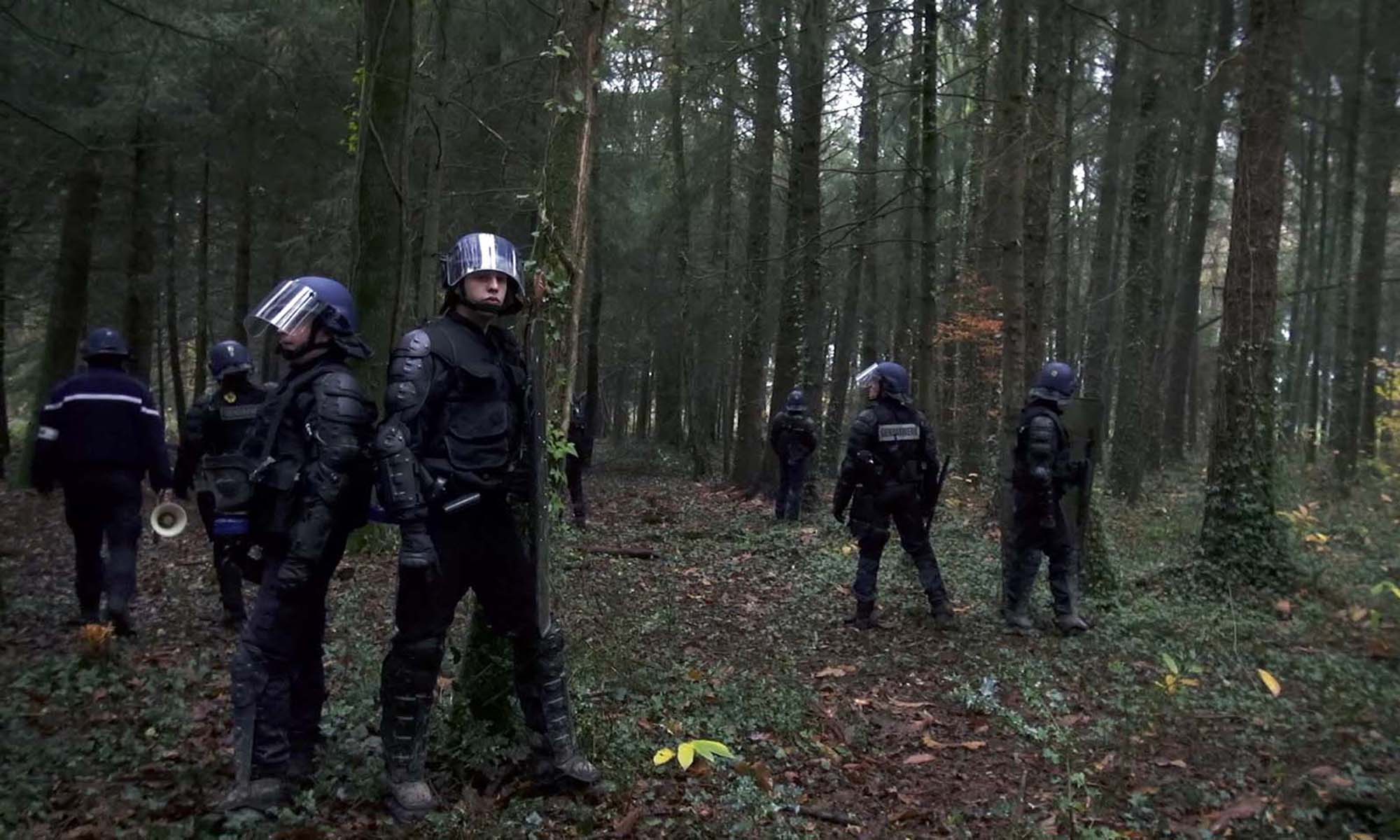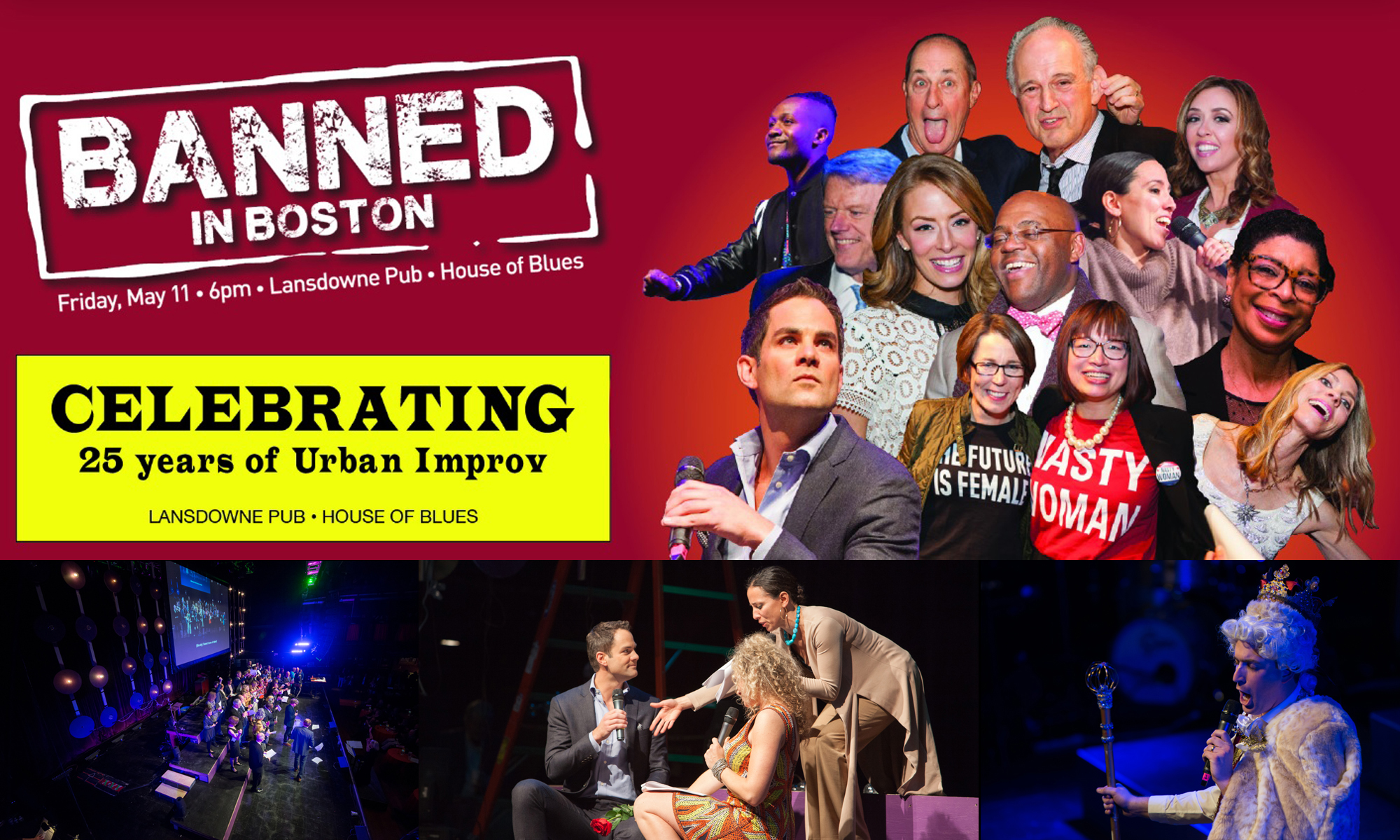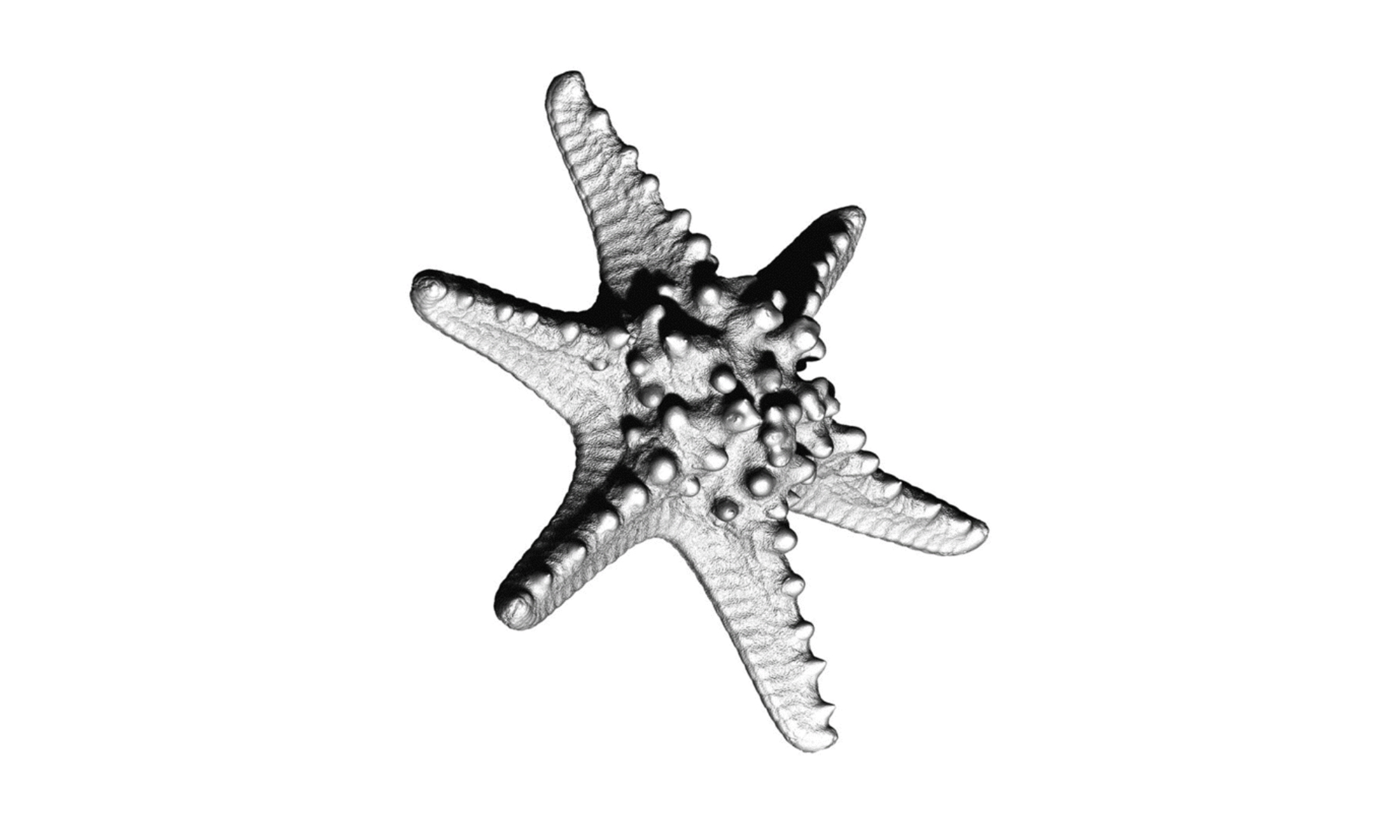The Museum of Contemporary Cuts is happy to announce that its Director, Lanfranco Aceti, will have a workshop at KHM in Cologne, Germany, Monday September 19, 2016 @ 11:30am. The workshop is titled: A Museum, A Black Sheep and a Dead Rooster: Artistic and Curatorial Displaced Practices. The workshop – supported, hosted and organized by Mischa Kuball, Professor for Public Art at the KHM/Academy of Media Arts, Cologne/D – is free and open to all. There are only twenty seats, so if you wish to attend please book in advance by registering here: soeren.siebel@khm.de
Image: Lanfranco Aceti, The Destiny that Awaits You, 2016.
A MUSEUM, A BLACK SHEEP AND A DEAD ROOSTER: ARTISTIC AND CURATORIAL DISPLACED PRACTICES
ABSTRACT
It all started with the feeling of being cut out, with having to face institutional lack of support and friends that had decided to cut ties and disappear when faced with an unusual project. The Museum of Contemporary Cuts emerged to contrast the propagation of this personal atmosphere of isolation and exile for artists who otherwise would have been relegated to a similar space. Since then, and after almost ten years, this unusual platform has developed a series of artistic and aesthetic practices, placing itself firmly on the international art scene as a uniquely quirky entity.
The workshop wishes to address the complexity of contemporary aesthetic and curatorial practices that, characterized by original approaches and processes, find themselves excluded from the corporate fair and museum circuits of what is acceptable art. Politically neutered and aesthetically castrated, these practices were destined to further struggle in an environment characterized by financial crisis since 2008.
The role of the Museum of Contemporary Cuts has been that of favoring exchanges, activities and engagements by displaying and realizing a range of exhibitions and projects, the latest of which, SOCIAL-IST, continues to look at unpalatable forms of aesthetic creation and production.
In collaboration with MIT Press and Boston University, MoCC has developed a new formula for the documentation of the struggle of contemporary artists by focusing on the diversity and multitude of personal stories that, as reflection on the fine art research of an individual space of operation, provide an understanding of what it means to exist outside the delineated border of institutional art.
KEYWORDS
Public art, contemporary art, insurrectional practices, curatorial studies, resistance, crisis, cuts




